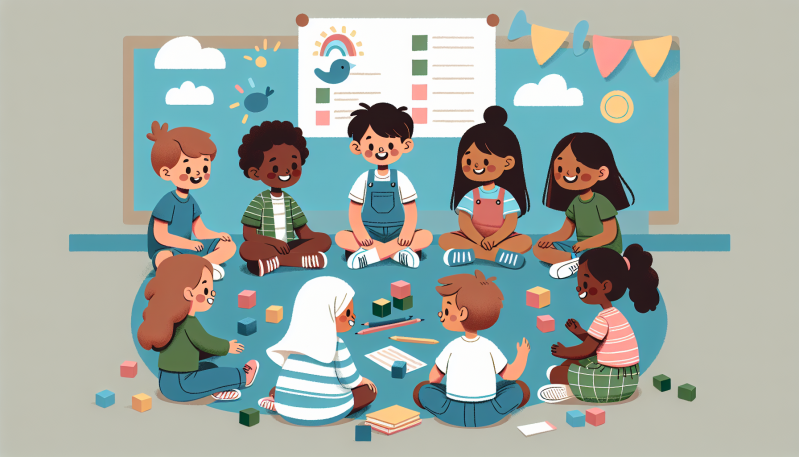In the tapestry of academic development, the threads of mental health, kindness, loneliness, and Diversity, Equity, and Inclusion (DEI) are interwoven more intricately than ever before. As we stand on the frontlines of educational transformation, the significance of school culture cannot be overstated in nurturing these crucial aspects of student life.
School culture forms the bedrock upon which the social and emotional well-being of students is built. It’s the ethos, the environment, the unspoken air that fills the hallways and classrooms. A positive school culture promotes a sense of belonging, where every student feels seen, heard, and valued. In the same breath, it provides a safety net for those grappling with mental health issues or the pangs of loneliness.
In a world where the dialogue around mental health is becoming louder and more urgent, schools are pivotal battlegrounds. The distressing rise in these challenges among youth mandates an unequivocal response. And while policies and programs like those of UNICEF have laid down a solid framework for action, the question remains: how do we translate these high-level strategies into day-to-day realities for our kids and their families?
One part of the answer lies in the power of Friendship Week. Modeled with a nod to the principles of global organizations yet laser-focused on the school context, Friendship Week serves as a beacon of hope and a call to arms. It embodies the understanding that mental health and inclusion cannot be one-off topics confined to a guidance counselor’s office or a special assembly. Instead, they must be the lifeblood that courses through the veins of our educational institutions.
Take a moment to imagine a Friendship Week at your school—activities filled with profound conversations about mental wellness, exercises in empathy to combat loneliness, and workshops that celebrate diversity while advocating for inclusion. Picture school staff, from the principal to the custodial team, all playing active roles in fostering a supportive environment. Envision educational influencers and parents collaborating seamlessly to reinforce these messages at school and at home.
The ripple effects of such an initiative are boundless. When students feel supported, their academic performance often improves. When they learn about kindness, they’re more likely to help a struggling peer. When they experience true inclusion, the playground and the cafeteria become a little less daunting for those who feel different.
As a Government Policy Analyst with a keen eye on the educational landscape, I’ve witnessed firsthand the transformative power of a school culture rooted in compassion and inclusivity. School districts that have prioritized these values have seen remarkable changes: reduced bullying rates, increased student engagement, and even improved teacher retention, as educators feel more empowered and satisfied in their roles.
But beyond the statistics and reports, the true measure of success comes from the lived experiences of the students themselves. Their stories of overcoming isolation, finding their tribe, and flourishing in an environment where they’re free to be their authentic selves—these are the testimonials that fuel our collective efforts.
In this blog, we’ll delve into case studies that illustrate the difference a healthy school culture can make. We’ll explore strategies for embedding mental health and inclusion initiatives into the very fabric of our schools. And perhaps most importantly, we’ll discuss how we can sustain these efforts, ensuring that they aren’t just flashes in the pan, but enduring commitments to our children’s future.
The journey towards a more empathetic, mentally robust, and inclusive school culture is an ongoing one. For staff, educators, parents, and students, the road ahead is both a challenge and a promise—a pledge to create safe and nurturing spaces where every child can thrive. Let us walk this path together, forging ahead with the knowledge that in unity and understanding, we can make a world of difference.
So, join the conversation. Share your insights and experiences. Let’s make viral the notion that every week should be Friendship Week, and every school should be a haven of friendship, mental health, and inclusion for all.



